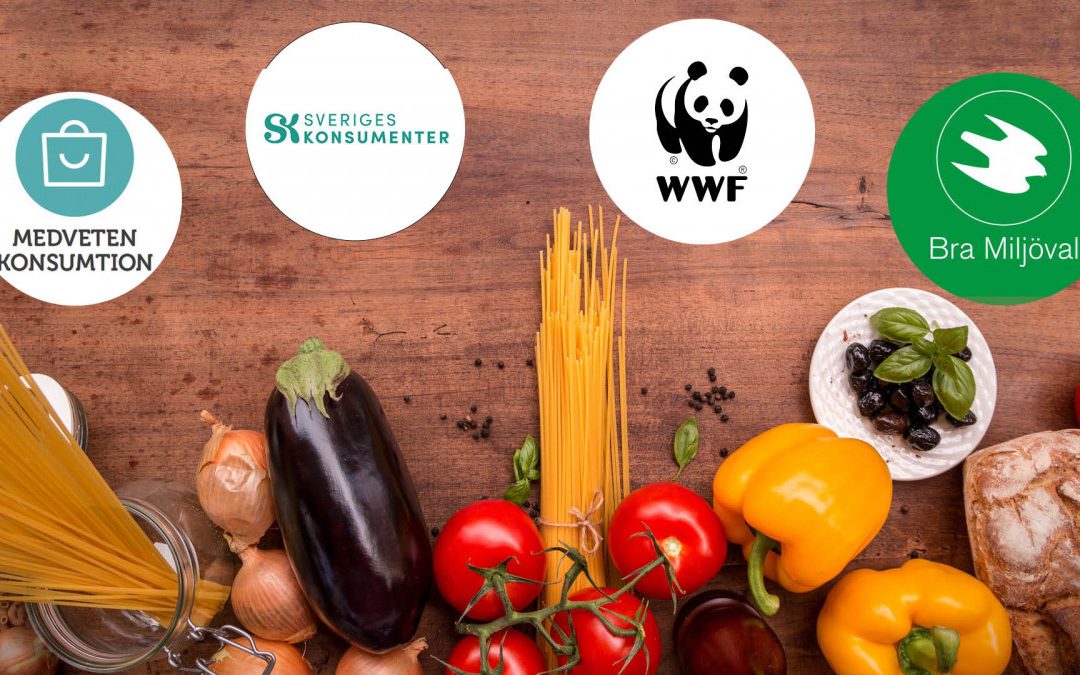Non-profit environmental organizations today influence our food consumption with everything from lobbying for more organic food in stores, to developing vegetarian recipes for elite athletes and pushing for new eco-labels. In a new article, researchers at KTH and Lund University have studied how these organizations could have an even greater impact.
The World Wide Fund for Nature (WWF) and the Swedish Society for Nature Conservation are two non-profit organizations that have worked with sustainability for a long time. In the article, they and three others are examined on how they worked specifically with food consumption. WWF, for example, has developed a food calculator that has had a major impact.
– I think that a societal transition would benefit if civil society organizations, as we call them in the article, got more room to suggest other ways of living and organizing society, says Vishal Parekh, doctoral student at KTH and lead author of the study.
More collaborations
But how can they get even better at this? Together with Mikael Klintman, professor of sociology at Lund University, he has analyzed what it means in practice to consume food and how non-profit organizations can influence this so-called “social practice” in a more sustainable direction. They come to the conclusion that it has a lot to do with more collaboration among major actors in society. Something that may sound obvious in a way.
– But on the other hand, I think that competition and efficiency are valued very highly in governance today, unlike cooperation, so it may not be so obvious in practice. In addition, Vishal Parekh points out that we must move away from simple “quick fixes” such as encouraging consumers to make conscious choices that are not enough in the long run.
– It is important that different sectors of society with different conditions to influence, pull in roughly the same direction and apply measures that are effective.
THREE SUGGESTIONS ON WHAT ENVIRONMENTAL ORGANIZATIONS CAN DO:
- Work to change ideals. In the article, e.g., a masculine ideal is connected to higher meat consumption.
- When it comes to food waste, one can, among other things, focus on changing the aesthetic assessments we make in society regarding what is good and edible food.
- Use insights from social practice theory on how social practices spread. For example, to introduce sustainable food consumption in schools. There they can have a greater chance of being spread and fortified outside the schools, to the children’s homes, etc.
FACTS:
The researchers’ analysis uses so-called social practice theory. The theory is often described as a middle ground between focusing too much on either individuals or structures. In short, it is about looking at human action not as consumers’ individual choices, but something that is formed in social contexts. Concrete things such as infrastructure come into play, but also, for example, practical knowledge and common perceptions of why one engages in a practice.
Read the full article in the journal Sustainable Production and Consumption here.
Contact:
Vishal Parekh
Main author, doctoral student, KTH
parekh@kth.se
08-790 86 13
Mikael Klintman
Professor of Sociology, Lund University
mikael.klintman@soc.lu.se
070 284 55 48
